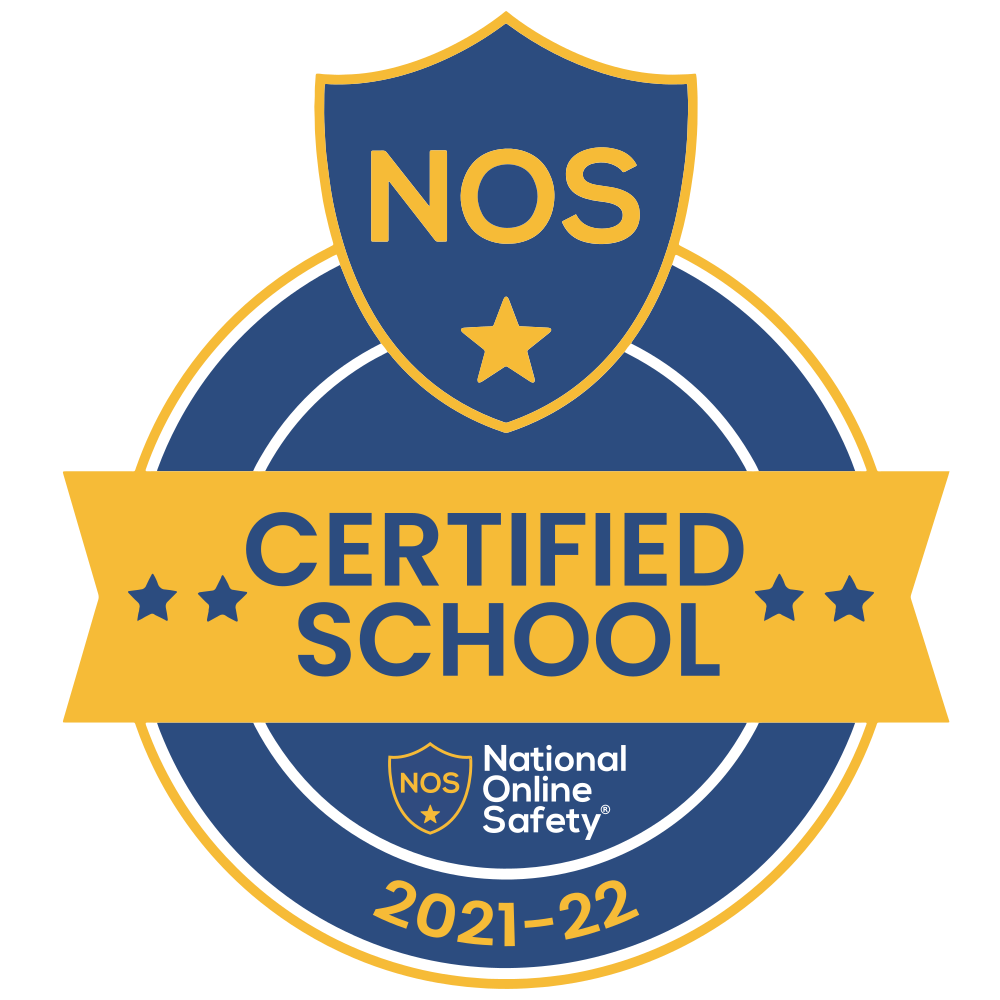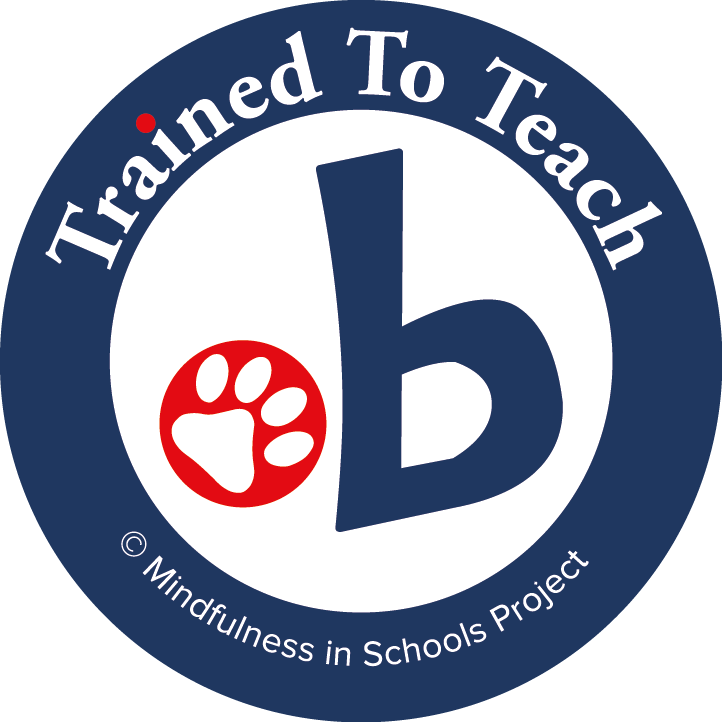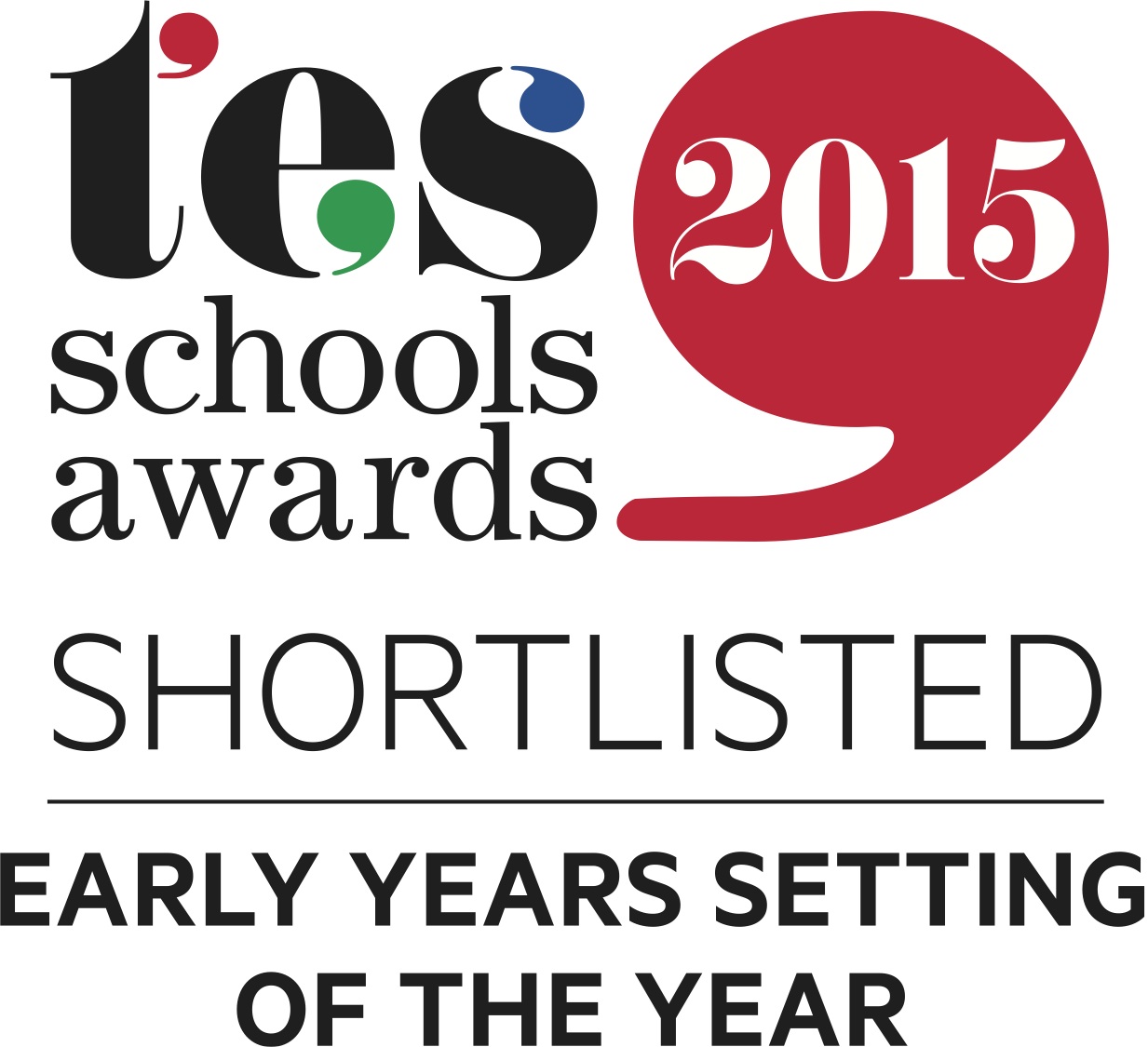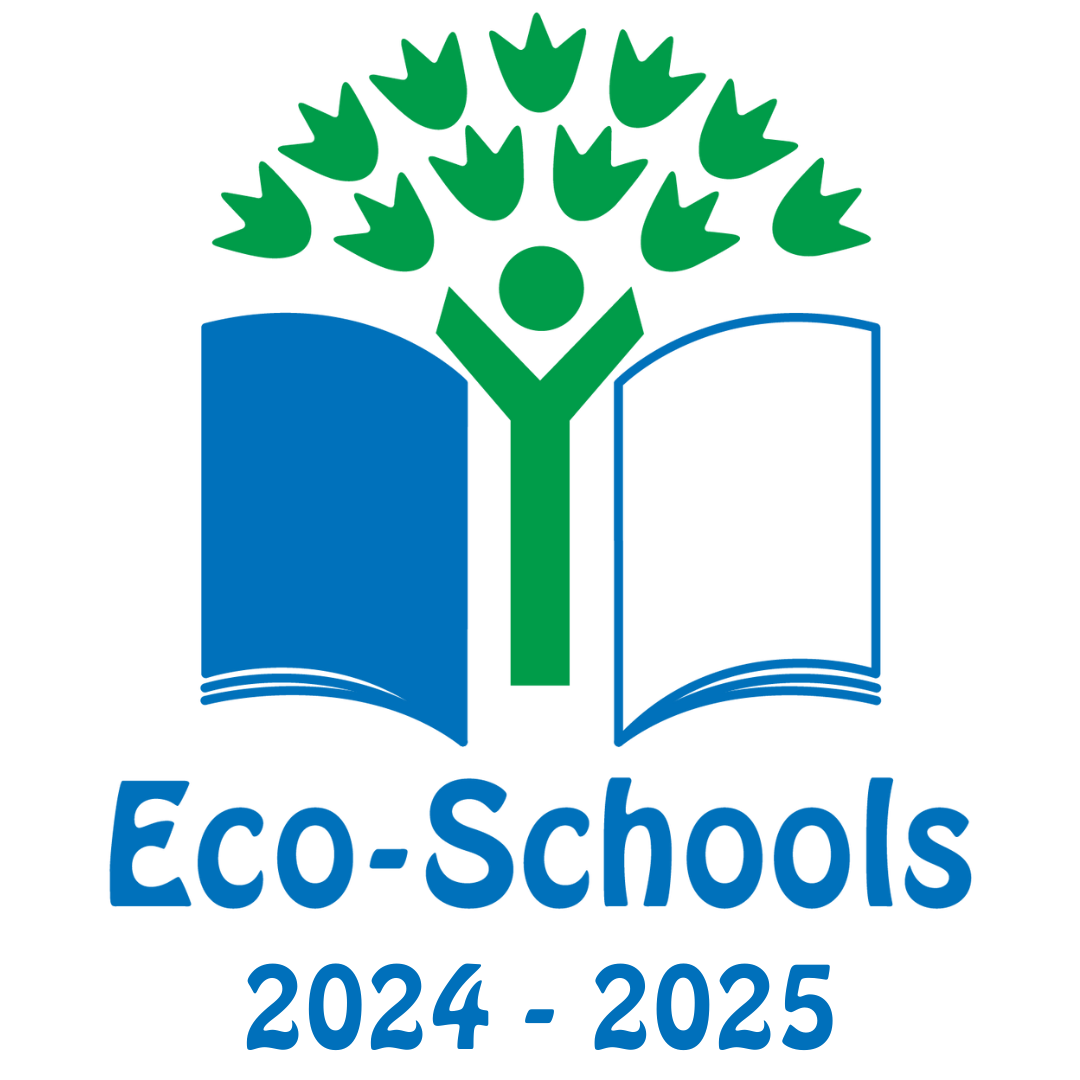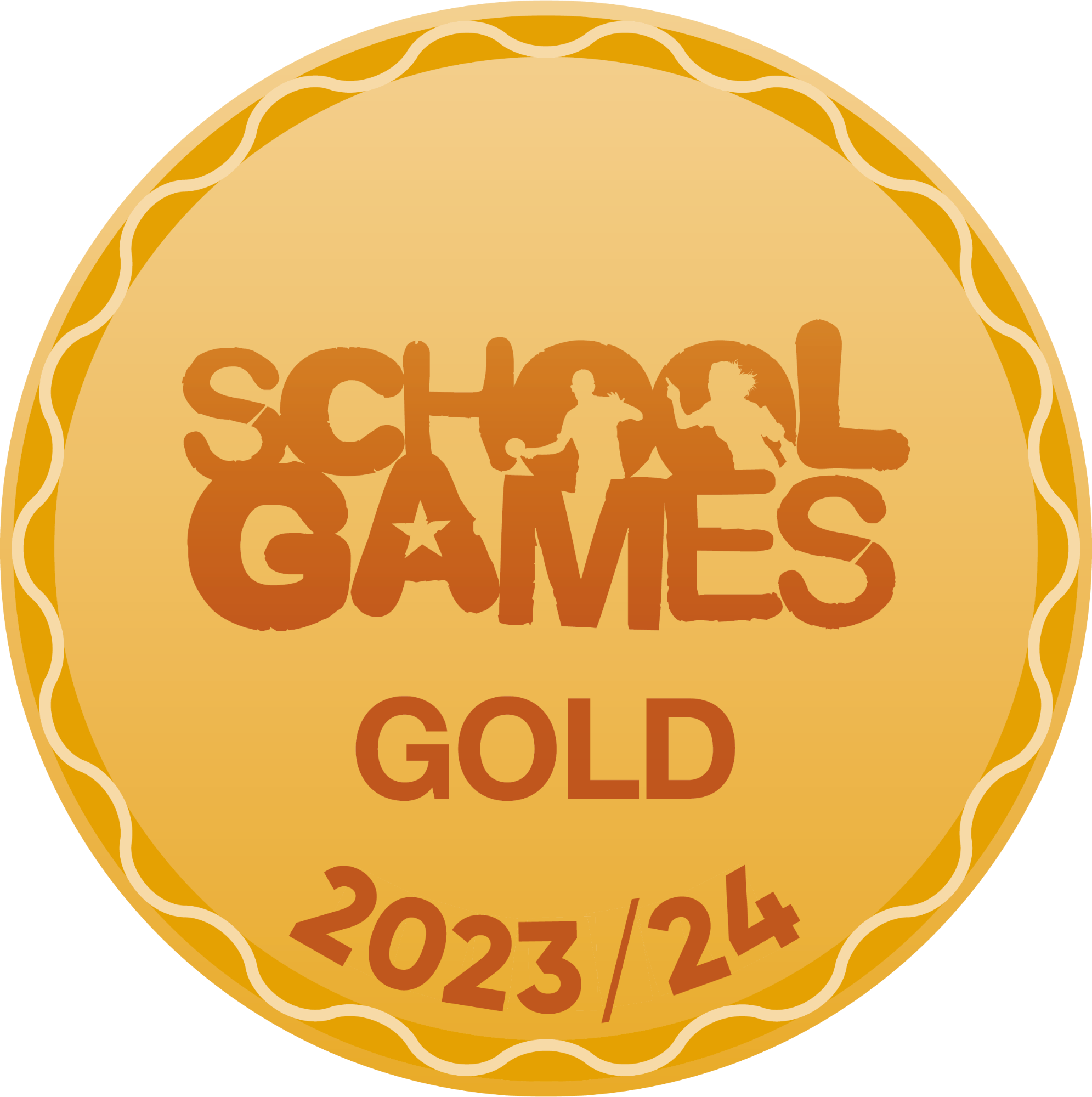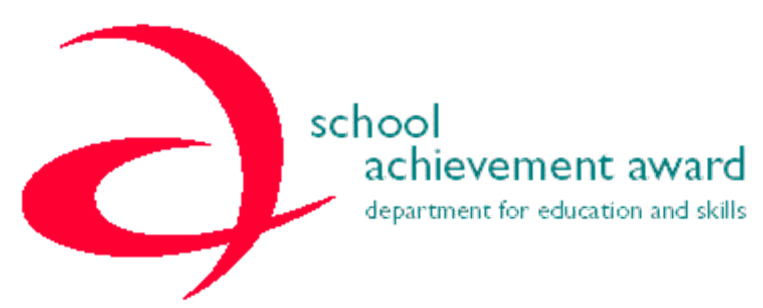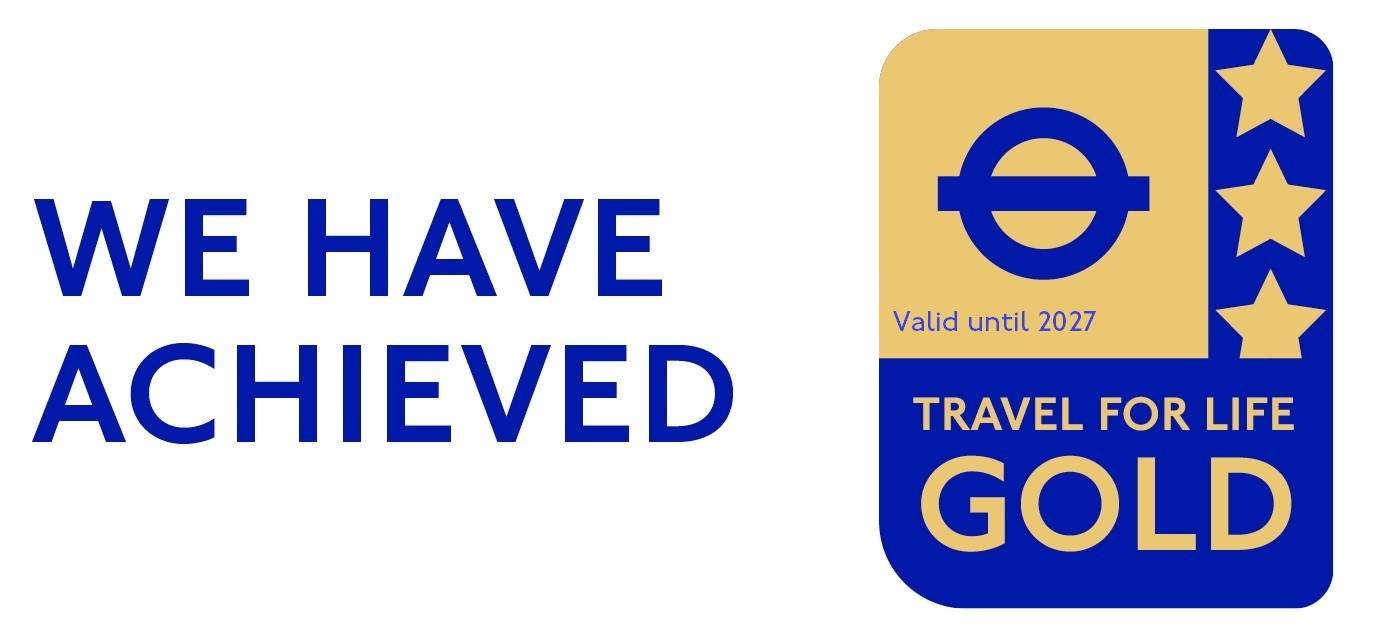Curriculum Overview
Intent
At Poverest we follow the National Curriculum teaching subjects discreetly. Most of these subjects are taught through the Kapow scheme of work which develops knowledge, extends vocabulary and builds skills. This helps us to create as many cross-curricular links as possible, whilst ensuring that our broad and balanced curriculum meets the statutory requirements in a creative and engaging way. We adapt the curriculum where possible to ensure all children are active learners, inspired by a range of trips and visits, as well as exciting themed/experience days to support and enrich curiosity in their learning
Implementation
We use a range of online curriculum resources and teaching strategies to support our unique curriculum. Lessons incorporate various teaching strategies from independent tasks to paired and group work, including practical, creative, computer-based and collaborative tasks. This variety means that lessons are active, inspiring and appeal to those with different learning styles.
The Kapow scheme of work influences our topic headings and includes varied and engaging recap and retrieval opportunities.. The design of our curriculum is sequential and the skills taught build on prior learning and previous experiences. This enables children to learn and remember more. Further details can be found for each subject and the year group curriculum maps for each term are found on the class pages.
We hold Celebration of Learning afternoons every half-term, have a parents' introduction meeting at the beginning of each school year and share examples of our curriculum each week in our school newsletter. We also hold parent workshops throughout the year about different aspects of our broad and balanced school curriculum. Every year we host workshops on e-Safety, spelling, reading and mathematics. Parents can request workshops via the parent representatives who attend the Parent Forum.
Our Curriculum compiles with the duties in the Equality Act 2010 and the Special Educational Needs and Disability Regulations 2014.
Impact
Children at Poverest make good progress with their learning and this progress is seen within the various assessment tools we use, from low-stakes fun quizzes to NFER standardised score tests. The assessment data is used so that gaps in learning are addressed in a variety of interventions that have proven to be successful over the past few years. Poverest children can talk about and share their learning experiences using their exercise books and online records of learning. After implementing this curriculum, children should leave school with the requisite skills and knowledge to succeed in KS3 and beyond.
Curriculum Details
Please use the links on the right to find out more about our whole school curriculum for each subject. Each year group also has curriculum maps to show how the subjects come together under our termly topics. To find out more about our curriculum you can email admin@poverest.co.uk and your email will be forwarded to the relevant year group or subject leader.
Useful Web Links
Drama
Intent
Drama is much more than just learning a new skill; our primary aim at Poverest Primary School is to develop a sense of creativity, self-expression, lends itself to an array of cross-curricular opportunities providing a platform in which to discover and explore a range of topics and themes as well as characters and settings and their exploits. It is a way to empathise with a character and take a closer look into the inner thoughts and motives of character and plot development in a fun and safe way.
However, It is not just about skills learning. Drama promotes a safe environment to develop self-esteem, to gain confidence when speaking in public and to be creative in response to a range of media. Moreover, it is a means to promote wellbeing and to help children develop and grow as unique individuals.
An important aspect of the Drama programme at Poverest Primary School is to expose children to different cultures, their traditions and their artforms and to develop an appreciation of the arts both on and off the stage. Our ultimate hope is to inspire our children.
Implementation
Drama at Poverest follows the three strands identified in the National Curriculum is very much teacher guided and primarily to be embedded naturally within individual year group lessons. Within the three strands several key areas exist:
Making Drama
-
drama games
-
improvising
-
character development
-
story sequencing
-
plot development
Performing and Reflecting
-
body/voice expression
-
props and staging
-
backdrops and location
-
music and sound effects
-
reflecting and directing
-
performing to an audience
Drama Conventions
-
stage design
-
costume design
-
scripting
Each strand follows a clear sequence in progression, which can be seen on Articulate’s ‘Progression in Primary Drama’ by Stefan Kucharczyk (see helpful links section)
Drama Workshops and live performances
-
Panto at the local theatre
-
Drama4All free workshops - KS1 & KS2 - on a rolling alternating term basis
-
live in-school workshops - subject based
-
theatre trips - local and London based
Drama Workshops and live performances
-
Panto at the local theatre
-
Drama4All free workshops - KS1 & KS2 - on a rolling alternating term basis
-
Live in-school workshops - subject based
-
Theatre trips - local and London based
-
Working alongside The National Theatre with their Story Seekers programme and developing teacher skills through their CPD events
-
Working alongside CLiPPA and their Performing Poetry Shadowing Scheme
-
Participating in Junior Filmmakers’ Competition
Drama and Filmmakers' Club
A weekly Drama and Filmmakers’ club promotes spontaneity, imagination and creativity. It is a combination of drama based activities, camera work, performing and editing. Projects tend to range from individual monologue performances to documentaries and short movies. Possible future activities will be to perform to the public, competitions and a short movie.
KS1 Nativity plays / Musical Theatre
Year 6: Production
Impact
The development of Drama across the school can be seen through more performances and dramatic activities and a growing appreciation of theatrical performances. Pupils have a growing interest in drama and a creative approach to short dramatic activities.
By the time children leave our school they will:
-
The majority of children leave with a love of Drama
-
Have a greater appreciation for the arts in general having experienced live professional performances.
-
Experience a broad, balanced arts curriculum, with an emphasis on the development of understanding and skills in drama.
-
Experience the arts through other areas of the curriculum.
-
Be given a wide range of opportunities to express themselves creatively.
-
Be given the opportunity to develop performance skills and perform to the school and wider audiences.
-
Have gained a deeper confidence to speak in front of a group and for some to extend this to a wider audience.
-
Have developed a stronger sense of self-esteem through their exploration of meaningful themes
How will we know?
-
Through a growing number of performances and children taking part in dramatic events
-
More children joining the drama clubs on offer
-
Photos/videos on class portfolios and drama portfolios
-
Class / Drama club performances
-
Talking to the pupils about their opportunities to perform in class and what kind of drama they are doing
-
Talking to the teachers about the drama they are doing in class
Helpful Links
Articulate’s ‘Progression in Primary Drama’ by Stefan Kucharczyk
School Council
School Council is a team of pupils who are elected by their peers to represent their views and ideas. The School Council meet at least every half term to discuss topics raised by their classmates as well as ways we can help the local community. This year, the children have held a Toy Sale to raise money for families over Christmas. They have also created activities for their peers to raise awareness for special weeks such as Anti-bullying week and Children's Mental Health Week. In addition, the School Council have decided to focus on Literacy and encourage 'Reading for Pleasure' across the school. So far, they have introduced 'Writing for Wellbeing' and 'Reading Cafés' within each classroom.
Sustainability
Intent
Why are we teaching this?
Poverest Primary School is committed to becoming an environmentally friendly and sustainable school. We aim to enhance the progress already being made towards becoming a sustainable school by reducing the school’s ecological footprint and embedding sustainable practises in our everyday lives. At Poverest, we pledge to ensure that the children understand their roles and responsibilities in looking after the school environment whilst allowing them to have leadership on how they can lead more sustainable lifestyles in everyday life. By raising awareness throughout the school, we aim to encourage and engage both staff, parents and pupils to learn more about the impact that we have, so we can all gain the necessary knowledge to move forward and create a better future.
Implementation
How is this being taught?
As a whole school community, we are excited and committed to raising the profile of sustainability at Poverest by integrating the subject into the curriculum. With increased awareness of sustainable living, we believe that it will support and promote students’ moral, social and cultural development. Creating an environment where children at Poverest can have first-hand experiences and practical learning is crucial as it helps build a bank of knowledge and allows the children to develop an understanding of ways to tackle environmental issues and promote sustainable way of living. By having well-planned and resourced activities allows the children to immerse themselves into the learning, which then helps them to create a deeper understanding and relationship with the environment and how their choices and actions can support a more sustainable way to live.
At Poverest, we are increasing the understanding of sustainability by:
-
Creating an Eco Council - providing children with a voice. This allows the children to discuss any concerns or ideas that they have, which then allows us as a collective to help make a change.
-
All staff and children are involved in a team effort to recycle paper/card. Recycling bins are accessible in all rooms. Rules of what can be recycled are advised throughout the school. The Eco Warriors at Poverest are elected members from each class help to ensure the correct items are placed into the bins.
-
Awareness days are delivered to the children educating them and improving their understanding of the topic.
-
Compost areas – These are located in the upper and lower playgrounds to allow children to get rid of waste into the correct bins. Food waste bin is then transported the compost bin to be used in the school garden. Children are then made aware of the benefits and positive impacts that they can use outside the school.
-
Gardening club – Forest School leader delivers the club creating awareness by allowing the children to grow fruit and vegetables.
-
Local environment – As part of being a healthy school, we encourage families to walk, bike or scoot to school through the smart movers scheme
Impact
What is the effect?
Children at Poverest will be highly aware of the impact of environmental changes and what they can do to help their future by voicing their opinions to their class Eco Warrior who can then take on responsibility and help create ownership of their ideas. We aim to create children who act as models of best practice within their local communities to help others reap similar benefits and create awareness to the whole school community and spread further awareness to the outside community. With children at Poverest gaining an increased awareness towards sustainability allows them to improve habits and lifestyle choices which help to impact on their local and global environment.
Internet Safety
E-Safety
Online Safety is an important part of keeping children safe at Poverest Primary School . We have extensive security measures in place in school, which are monitored both internally and externally, to help safeguard pupils from potential dangers or unsuitable material. Online safety is taught to all pupils to explain and demonstrate how to stay safe and behave appropriately online.
We can only be successful in keeping children safe online if we work with parents to ensure the Online Safety message is consistent. It is important that parents speak to their children about how they can keep safe and behave appropriately online.
We have one principle message for our children to keep them safe;
“If you see or read anything online that worries you or upsets you in any way,
tell an adult you trust.”
Search engines
Please note that no search engine is ever 100% safe but some links to some “safer” search engines are provided below:
-
CBBC A search engine provided by BBC.
-
Pics4Learning For looking for copyright free images.
-
Google also has a ‘safe search’ option which can be activated.
Online Safety advice
Advice can be found at the following sites:
-
CEOP (The Child Exploitation and Online Protection Centre) delivers a multi-agency service dedicated to tackling the abuse and exploitation of children in the real and ‘e’ world. Often it is referred to as an online 999. By clicking on the button, young people and parents can get advice on a range of issues such as viruses, hacking and dealing with bullying online.
-
Digital Parenting is a magazine which aims to provide critical information to parents and guardians to enable them to support and protect children as they grow up in an increasingly digital world.
-
NSPCC and O2 run an online safety helpline on 0808 800 5002. They also share advice and guidance online.
-
Kidsmart gives lots of advice on how to stay safe online.
-
Internet Matters is a new online portal designed for parents to access simple, easy and practical advice about online safety for their children, right through from pre-school to teens. It provides tips on protecting children from online grooming, cyberbullying, privacy and identity theft and inappropriate content. Internet Matters is a not-for profit organisation set up by BT, Sky, TalkTalk and Virgin Media.
-
parentINFO provides parents with lots of useful information and articles. If you would like any support or further information with anything related to E-Safety please make an appointment to speak to anyone in our Safeguarding Team.


